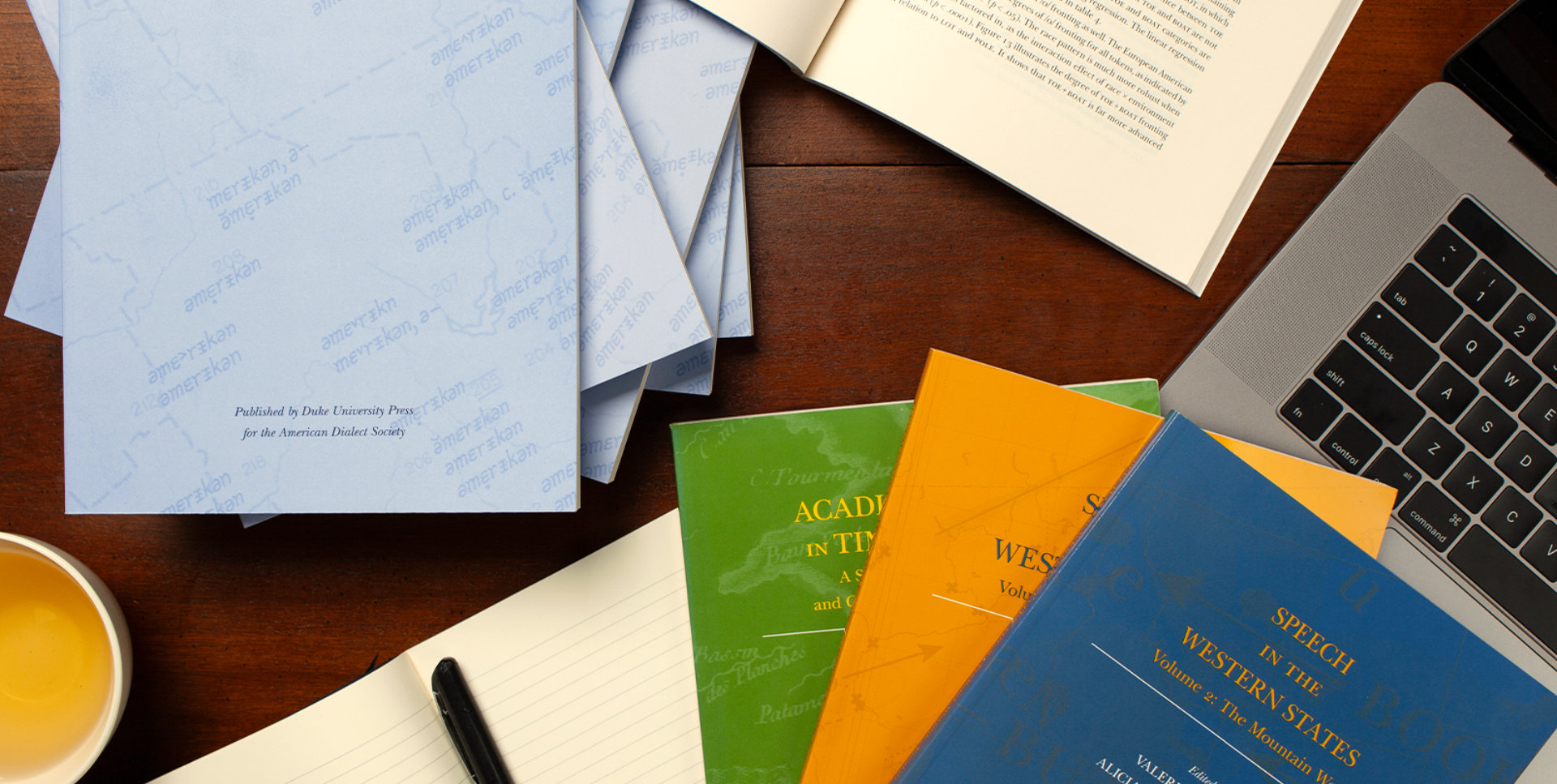The American Dialect Society is now accepting 2016 word-of-the-year nominations for the categories and criteria described below. Nominations can be sent by email to woty@americandialect.org or on Twitter to @americandialect.
Since 1990, the society has selected words of the year to highlight language change, to bring a few aspects of the study of linguistics to the public’s attention, and to have a little bit of fun. The lighthearted vote is held each year the time of the society’s annual convention.
This year’s vote will be held at the JW Marriott Downtown Hotel in Austin, Texas. All are welcome to attend the nominating session and to suggest candidates on Thursday, January 5, in room 208 at 6:15 p.m.
The final vote, also open to all comers, will be held Friday, January 6, in Grand Ballroom 1 and 2 on the 4th floor at 5 p.m.
The best word-of-the-year nominations are those words that show widespread usage by a large number of people in a variety of contexts and situations, and which reflect important events, people, places, ideas, or preoccupations of English-speakers in North America in 2016.
Nominated words do not have to be absolutely brand new but they should have risen to prominence or reached some kind of popularity in 2016.
For the sake of the vote, “word” is broadly defined to include multiword phrases, compounds, and idiomatic expressions that behave like single lexical items.
This year, the society’s New Words Committee has made changes to the lineup of categories under consideration, in addition to the overall choice Word of the Year. Three previous categories (Most Outrageous, Most Unnecessary, and Least Likely to Succeed) are now retired in favor of more thematic alternatives.
Word of the Year: An overall word that best characterizes the preoccupations and zeitgeist of 2016.
Political Word of the Year (new category): Words coming out of the world of politics (particularly significant in election years).
Digital Word of the Year (new category): Words relating to technology and online culture.
Slang Word of the Year (new category): Casual, playful, and irreverent words used in opposition to more standard language.
Most Useful: Words with proven utility in their application over the past year (including revivals of older terms).
Most Likely to Succeed: New words that will likely have staying power in years to come.
Most Creative: Words or word elements that display lexical innovation (including newly productive combining forms).
Euphemism of the Year (previously known as Most Euphemistic): Softening words used as substitutes for language considered too harsh or offensive.
WTF Word of the Year (new category): Words of questionable merit or practicality that may cause a strong negative reaction in some people.
In addition, ad-hoc categories may be suggested at the nominating session. For example, in 2015, Hashtag of the Year and Emoji of the Year were approved as additional categories.

